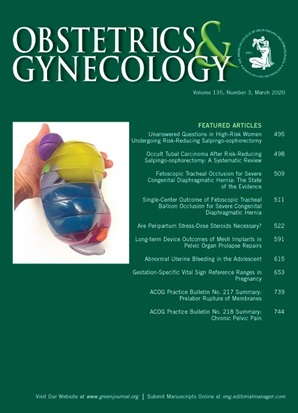
A co-editor of the Journal of Neurology has retracted a 2018 paper he helped write because the way the paper was written misled readers about the nature of the research.
The article, “Menière’s disease: combined pharmacotherapy with betahistine and the MAO-B inhibitor selegiline—an observational study,” purported to describe the effects of a combination treatment to reduce the incidence of dizziness in people with Menière’s, a neurologic disorder that affects the inner ear.
The first author of the paper is Michael Strupp, of the Munich Center for Neurosciences at Ludwig-Maximilians-University in Munich. Strupp also is one of a troika of editors in-chief of the Journal of Neurology.
According to the abstract:
Continue reading A German vocabulary lesson: Paper retracted because an “individuelle Heilversuche” is not a clinical trial







